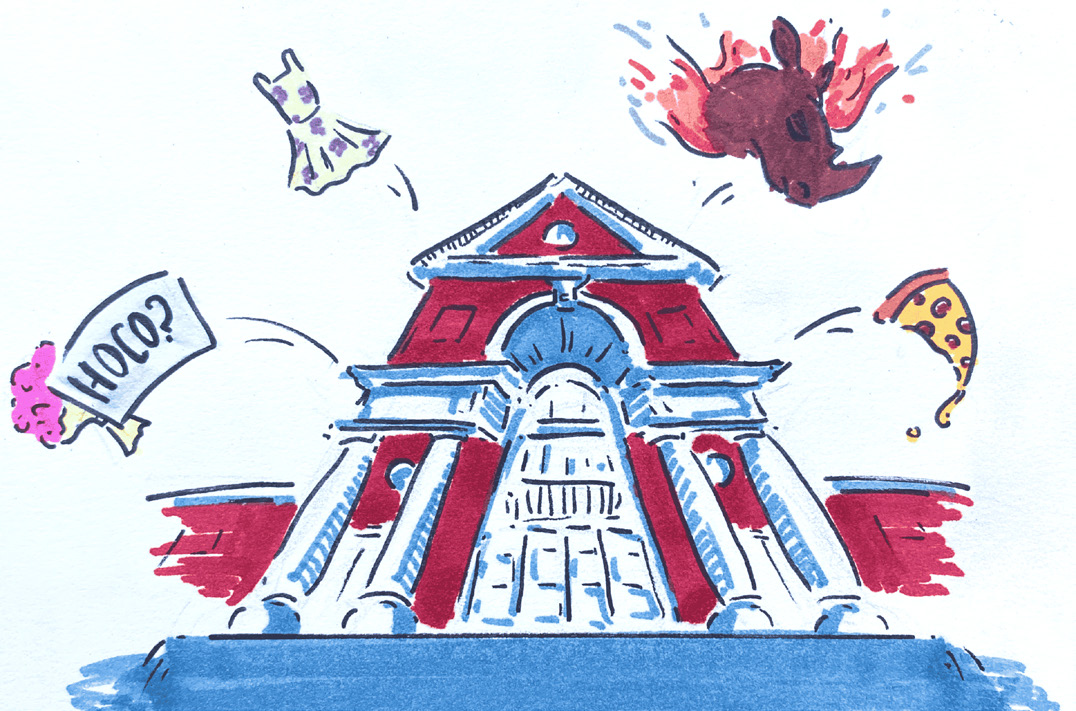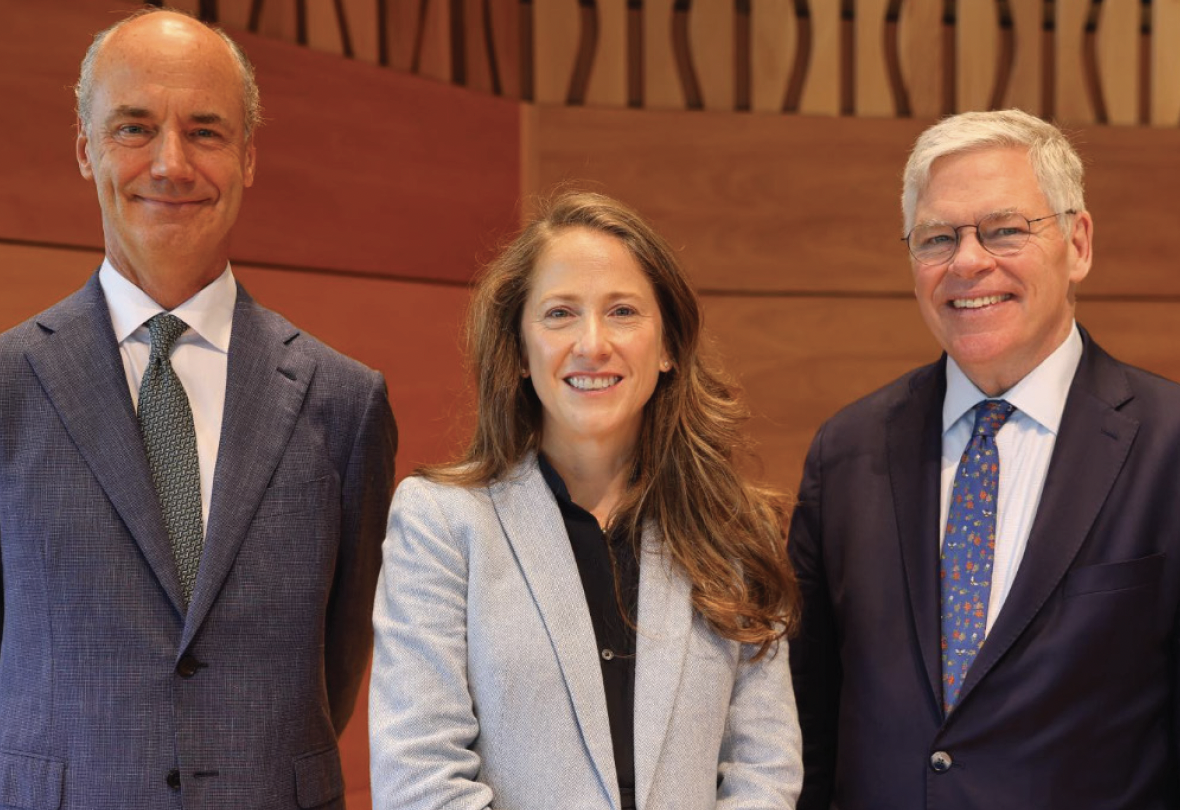What makes someone qualified to shape government policy? As Trump took the oath of office, tech moguls Mark Zuckerberg, Jeff Bezos, Shou Zi Chew, and Elon Musk sat in the front row.
The proximity of these billionaires to Trump extends far beyond the inauguration: as Elon Musk’s involvement in Trump’s campaign has shown, billionaires want to be involved with at the highest levels of government.
On paper, it seems reasonable that Trump crowned Musk the inaugural leader of the Department of Government Efficiency (DOGE) along with Vivek Ramaswamy. After all, as a successful entrepreneur with a bachelor’s degree in economics and owner of multiple technology companies, Musk probably knows how to efficiently manage resources.
However, just because Musk has cut expenditures at his companies does not mean he knows how to cut expenditures for a country. And even if Musk has the average American citizens’ best interests at heart, he is incapable of truly understanding them.
Musk grew up wealthy, and as of January 29, has a net worth of $412.9 billion. Meanwhile, the U.S. Census Bureau reports that the median net worth of Americans in 2024 was $176,500.
Musk has never experienced, and thus cannot understand, the struggles American citizens face in terms of healthcare, education, and inflation. Few billionaires can.
If Musk does indeed accomplish Trump’s executive order to “maximize governmental efficiency and productivity” by cutting costs, he will likely jeopardize the lives of American citizens in the process, whether accidentally or intentionally.
And even if Musk reads scholarly papers and consults experts who understand the needs of the American people, he—along with these other billionaires—is unlikely to care for the people’s needs and interests.
In his 2024 ”Person of the Year” interview with Time Magazine, Trump said that Musk “puts the country long before his company.” But Musk’s opposition to taxation shows that if providing funding for American needs interferes with his business plans, he has, and will always choose to benefit himself.
Additionally, billionaires tend to not have everyday citizen’s interests at heart, because to become a billionaire, you have to step on them.
Musk has faced multiple complaints about working conditions at X and SpaceX—from allegations of unreasonable hours and low pay to racism and sexual harassment. Jeff Bezos exploits Amazon workers, giving them unreachable productivity targets and busting their union efforts by spying on them. Even the philanthropist Bill Gates rose to his wealth through labor exploitation, according to The Guardian.
It feels wrong that these individuals have such pivotal influence in the government when they are at the top of the social pyramid. If they are isolated from the average citizen, how would they feel any sense of community or empathy for them? Without empathy, why would they put the people’s needs over theirs?
America’s political system has been on track to become an oligarchy of the rich for a long time. People must have money to mount successful campaigns to be chosen to represent their parties.
People must be financially powerful to have actual respect and political significance in the government. Like a noose, money is strangling America’s so-called democracy.
How can it be a representative government if the people in it aren’t remotely like the rest of the country? This article isn’t about Musk or Trump or DOGE. It’s about how a government-run solely by the wealthy cannot and will not protect you.
Dear old America: there’s billionaires, and then there’s you. Maybe this unfair system can still be changed, but what can you or I do? We’re not billionaires, after all.











